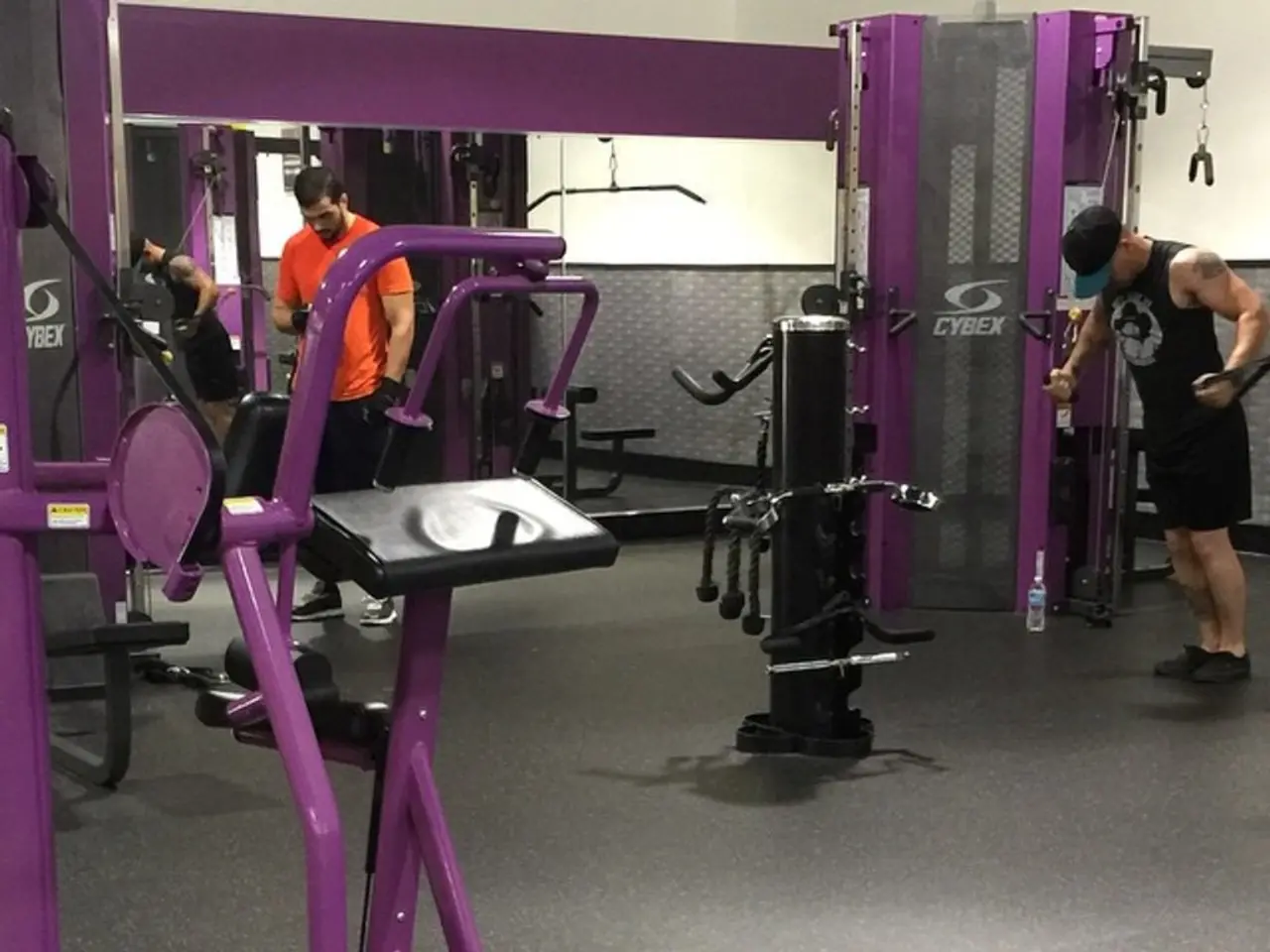Transformative Fitness: Discover Inclusion as Championed by Chrissy King
In the world of fitness, societal ideals often centre around the thin, white woman stereotype, creating an atmosphere that can be intimidating for those outside the norm. However, one woman is on a mission to change this narrative.
Chrissy King, a strength coach and the vice executive director of Women's Strength Coalition, is on a mission to make fitness feel more inclusive for Black people and others with bodies outside the fitness norm. Her journey into fitness was initially driven by a desire to make herself smaller, but powerlifting transformed her perspective, helping her recognise the power in her own body.
The journey towards finding inclusive fitness environments is not always easy. It requires research, such as scrutinising a gym's website and social media to see if they truly represent the population they claim to serve. For instance, Strength for All, a gym in Brooklyn, stands as an example of an openly inclusive fitness space.
Historically, Black women have had to downplay their assets or cover them up, and have had to deal with harassment at a young age due to their stereotypical physiques. Microaggressions in fitness, specifically around race, can take many forms, including the hypersexualization of Black bodies by non-Black people and the repeated use of the N-word in fitness spaces.
Acknowledging race and racism in fitness environments is a crucial step towards creating a more inclusive environment. The fitness industry would benefit greatly from making inclusivity a priority by attracting a diverse range of people and elevating the industry as a whole.
It's essential for coaches and trainers to never make assumptions about clients' goals and to question their own implicit biases. Building a zero-tolerance policy for intolerance into the culture of a fitness space is key to creating a welcoming environment for all.
Experiences of people of colour in the U.S. are different from those of white people. Assuming that people of colour aren't coming to a fitness space because they can't afford it is a form of bias. Instead, consider why they might not feel comfortable or welcome.
White trainers should have uncomfortable conversations about race, and it's the responsibility of white people to talk to other white people about race and examine their own privilege. Health goes beyond exercise and nutrition; it also includes mental, emotional, social, and spiritual well-being. It's short-sighted to say "I'm just not going to talk about race" and then claim to support fitness for everyone.
Chrissy King coaches trainers on creating a comfortable experience for clients of colour, having uncomfortable conversations about racism, and practicing self-reflection to continue the work of anti-racism. Her personal experiences and commitment to improving accessibility and representation within the industry drive her advocacy for inclusivity in the fitness sector.
In conclusion, Chrissy King's mission for inclusive fitness spaces is a significant step towards creating a more welcoming and diverse environment in the fitness industry. By acknowledging and addressing race and racism, the industry can strive to be a place where everyone feels safe and empowered.
Read also:
- Nightly sweat episodes linked to GERD: Crucial insights explained
- Antitussives: List of Examples, Functions, Adverse Reactions, and Additional Details
- Asthma Diagnosis: Exploring FeNO Tests and Related Treatments
- Unfortunate Financial Disarray for a Family from California After an Expensive Emergency Room Visit with Their Burned Infant








